Sometimes, when I take a step back in preparing for our Palm Sunday Mass, my head spins a little bit. That’s because this is no ordinary celebration of Mass. We have two Gospel readings: one at the beginning of Mass for the blessing of the palms, and one very long one in the normal spot in the Liturgy of the Word. And those two Gospel readings couldn’t be more different in tone! The first one tells of Jesus’ entry into Jerusalem, and it seems so triumphant. The crowds welcomed him and paraded with him into the city. But then we get to the Passion reading and everything changes in a heartbeat.
I think if we had to sum up the Liturgy today with a contemporary quip, it might be, “Well, that escalated quickly!” We go from “Hosanna! Blessed is he who comes in the name of the Lord!” to “Crucify him! Crucify him! Give us Barabbas!” just two chapters later! This, friends, really is the hour for which Jesus came. The hour for him to lay down his life.
It seems like things have escalated quickly, but really we know they didn’t. All through the Gospel, Jesus has been getting under the skin of the religious establishment, calling out their weak and self-serving adherence to the Law, taking care of the real needs of people as they should have been, and showing people a way of life based not on legalism, but on caritas, love poured out in service to others. That he will punctuate that caritas love at the end of the Gospel today is quite instructive. The whole of the Gospel centers around laying down our lives for others.
And, really, if we take a big picture view of the history of salvation, things haven’t escalated that quickly at all. All through the scriptures, Old and New Testaments alike, people – we – have been missing the point. The cycle of sin that spirals all through the scriptures has seen God send messages, through signs and prophets, of how things had gone wrong and what needed to be done. And all through the scriptures, people have heeded the message only in lip service, or have outright murdered the prophets who brought the message. And yet again, God sent new messages, and yet again, the people sinned. We know that the sacrifice of Christ, God made man, was always God’s plan for salvation. It has been incubating for generations, and now, finally, the hour has come.
Honestly, though, we know things have continued to escalate. Wars in Ukraine, Russia, Israel, and Gaza are decimating cities and killing thousands every day. The migrant crisis finds people coming to our nation with nothing, and being pawns in a great political argument, all while testing the ability of cities to care for them and take them in. Crime and terrorism abounds, and we find ourselves in the middle of an election cycle in which people use all these heartbreaking issues to advance their careers, their own agendas, and the coffers of their allies and supporters. All of this almost causes Our Lord to fall a fourth time, crushed under the weight of the cross. We certainly need a Simon of Cyrene to help us shoulder the burden of it all, and a Veronica to wipe the blood and sweat from Christ’s face once again. People walk the Way of the Cross over and over, and the hour of Christ’s Passion seems to always be present.
Who are we going to blame for this? Whose fault is it that they crucified my Lord? Is it the Jews, as many centuries of anti-Semitism would assert? Was it the Romans, those foreign occupiers who sought only the advancement of their empire? Was it the fickle crowds, content enough to marvel at Jesus when he fed the thousands, but abandoning him once his message was made clear? Was it Peter, who couldn’t even keep his promise of standing by his friend for a few hours? Was it the rest of the apostles, who scattered lest they be tacked up on a cross next to Jesus? Was it Judas, who gave in to despair thinking he had it all wrong? Was it the cowardly Herod and Pilate who were both manipulating the event in order to maintain their pathetic fiefdoms? Who was it who put Jesus on that cross? Even now, who do we blame for the death of our Lord?
And the answer, as we well know, is that it is, and always was, me. Because it’s my sins that led Jesus to the Way of the Cross. I have been the selfish one. I have been the one who has looked down on people who are different from me, using my privilege at their expense. I have been the one that has withheld love and forgiveness and grace in so many different ways. I have been comfortable with my sins and content to stay the way I am. It’s my sins that betrayed my Jesus; it’s my sins that have kept me from friendship with God.
But as ugly as I have been, as much as I have nailed him to the cross, even so: he willingly came to this hour and gave his life that I might have life.
And you.
He gave himself for us.
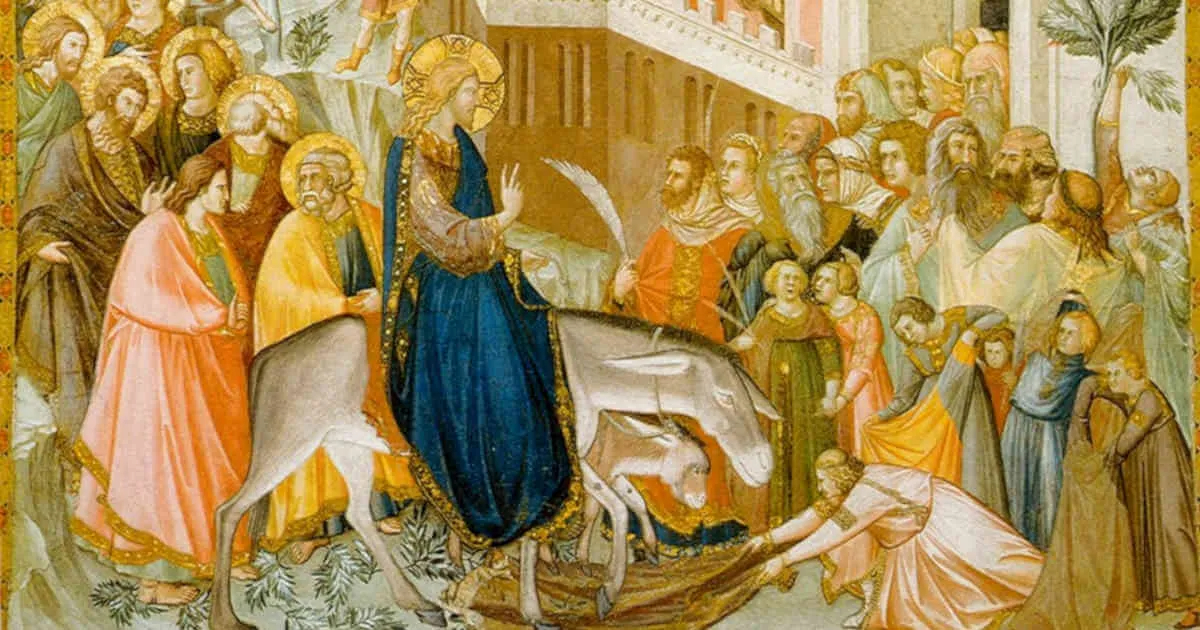
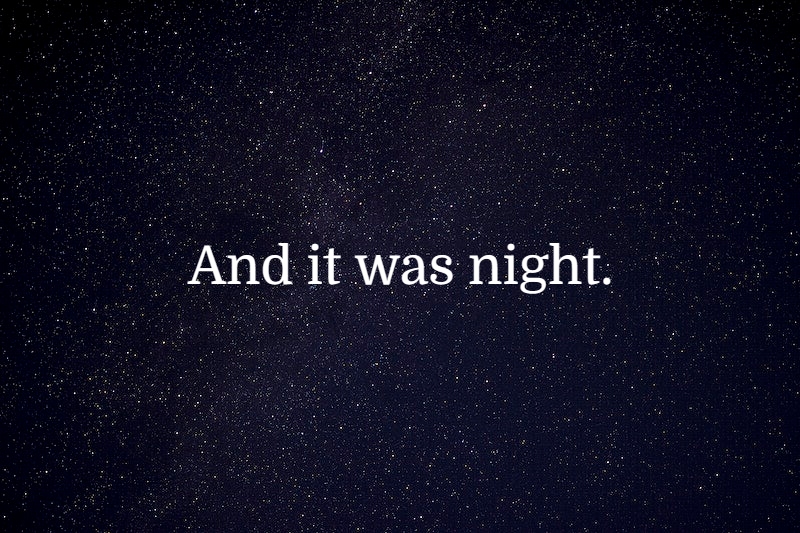
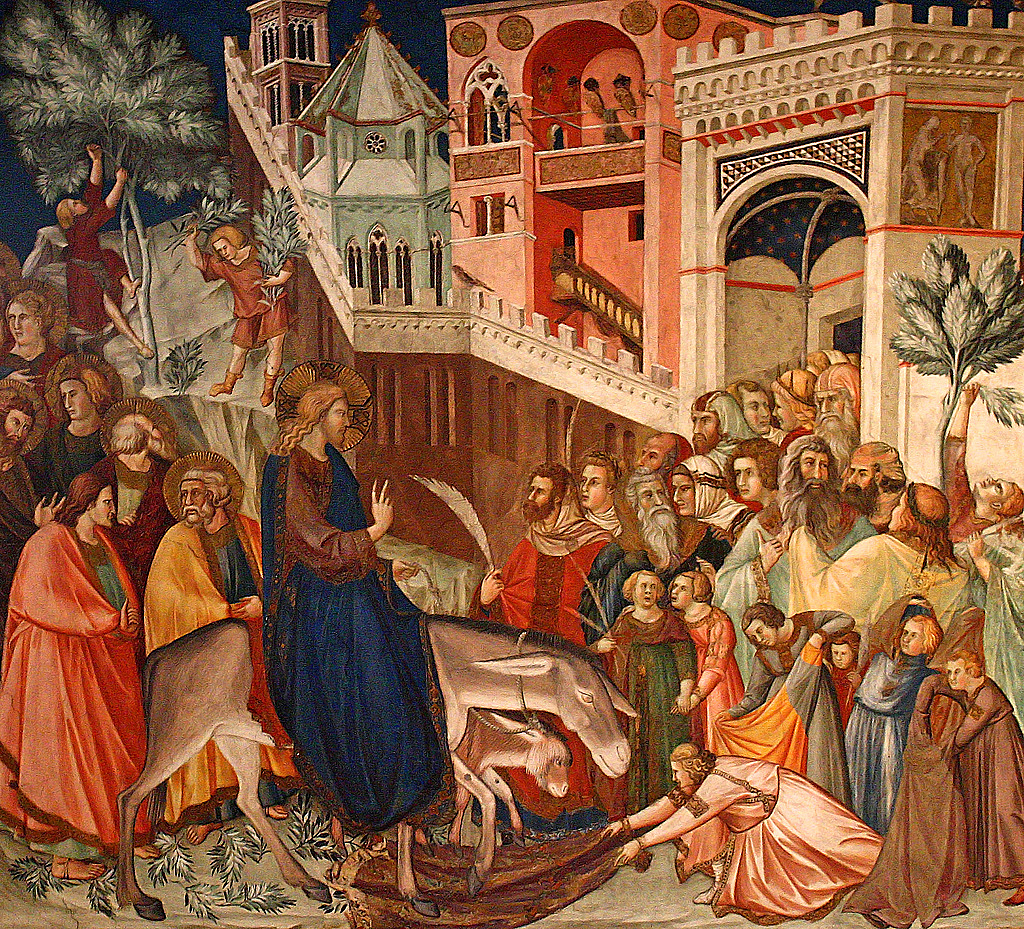
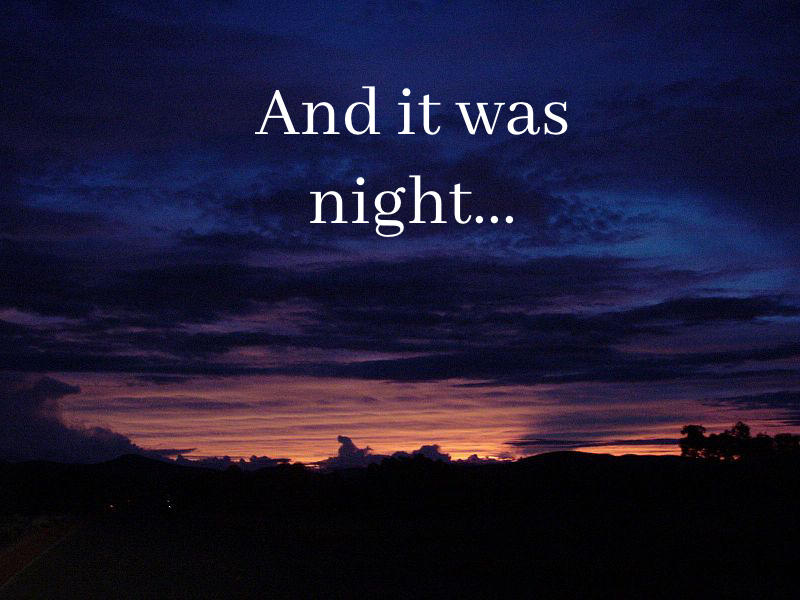



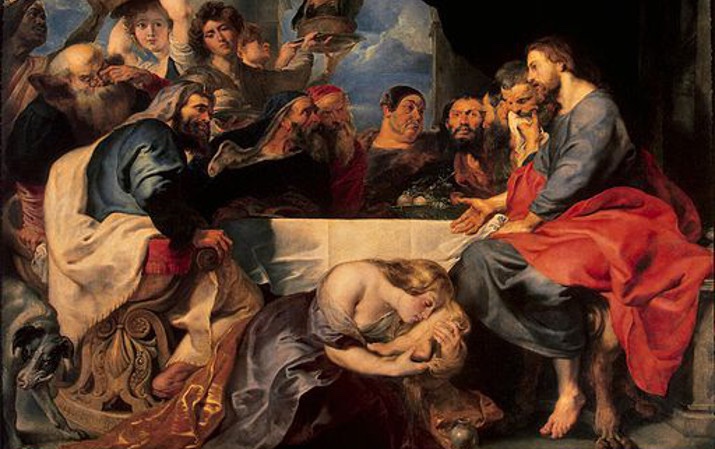
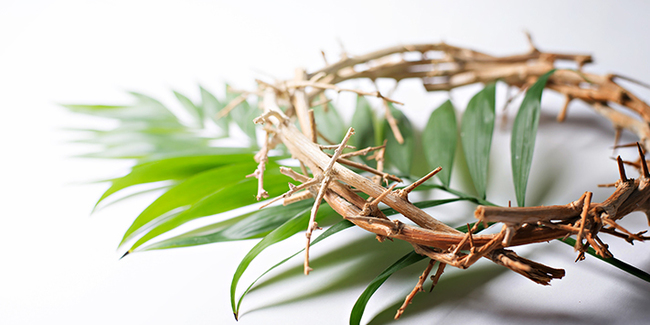
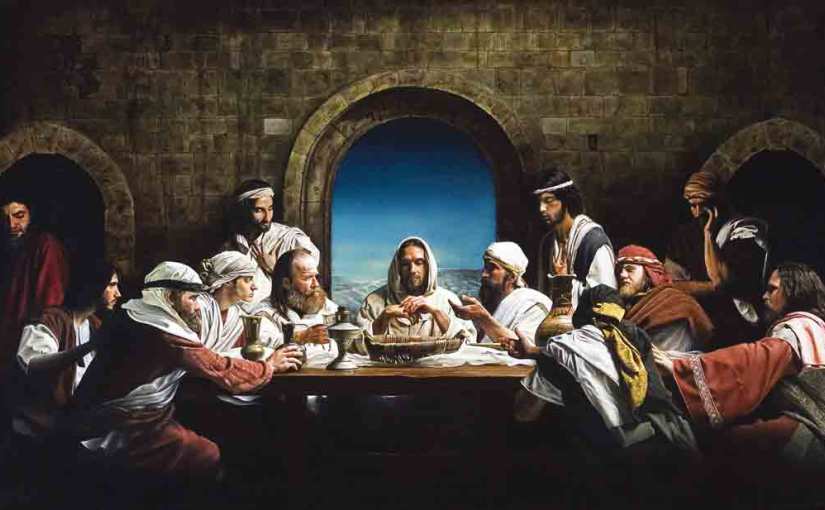
You must be logged in to post a comment.